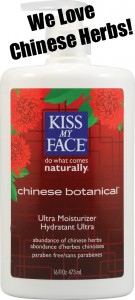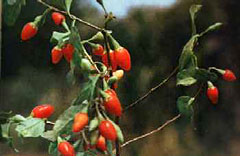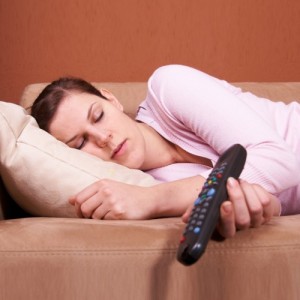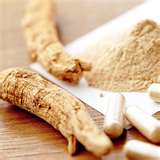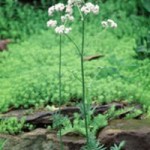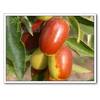A lecture I attended today was revisiting history, the history of Chinese herbs. What I found most interesting is the fact that hospitals in the U.S. are doing clinical trials using Chinese herbs.
This is truly re-inventing Western medicine.
The drugs of the future are herbs that are proving (once again) their effectiveness. These herbal drugs are made from Traditional Chinese herb formulas written down over one thousand years ago, so we can say this medicine is truly based on historical information.
Chinese herbal medicine is being studied at places like Yale University where Yung Chi (Tommy) Cheng, PhD. is the chairman of the Consortium for Globalization of Chinese Medicine. He is an innovative pioneer in herbal drug research and internationally renowned for his significant role in the advancement of pharmacology.
Using a Traditional Chinese Herb four herb formula, Dr. Cheng is working on FDA approval for a patented drug to alleviate side effects of chemotherapy induced nausea, vomiting and diarrhea. The unfortunate side effects of chemotherapy make it difficult for patients to tolerate and chemotherapy damages the immune system. This Chinese herb formula is proving it can eliminate the side effects by healing the gut and improving the immune system without reducing the effects of the chemo.
This is exciting work and we hope the FDA will give swift approval as so many patients are in need of this holistic, herbal medicine.

